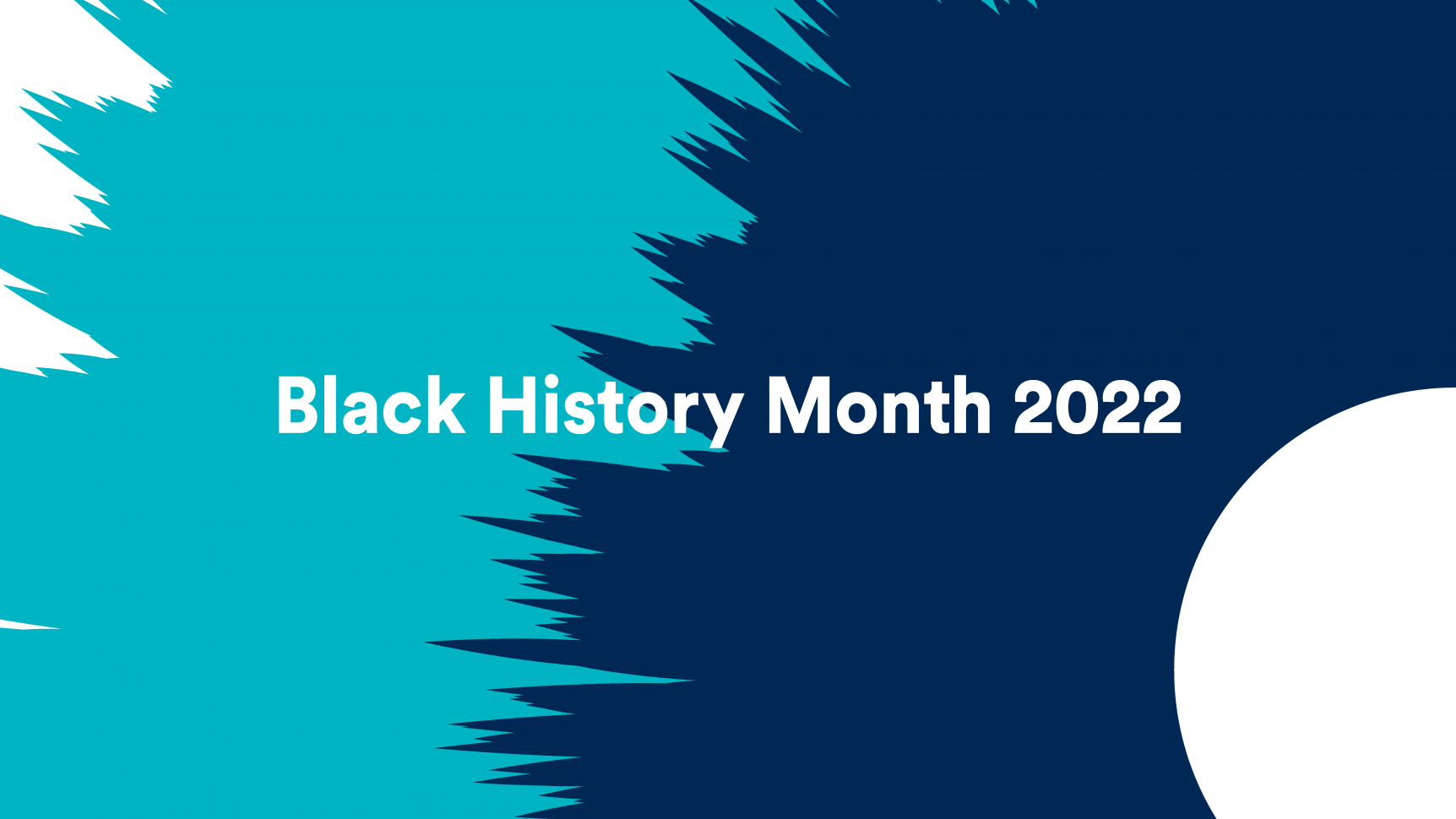For the fifth consecutive year to mark Black History Month, Sound and Music is making public the data we collect relating to the engagement of Black composers and music creators with our work. This data and insight focuses specifically on Black composers, as well as those from Black, Asian and ethnically diverse backgrounds more generally.
Once again, we are sharing data both about who is applying to our programmes and about who we then select. The former is a good indication of how we’re doing as an organisation, if our activity and messages are reaching a wide range of individuals and what perceptions they have of us. The latter reflects the goals, processes, choices and decisions we make internally as a team, in line with and informed by our national Fair Access Principles.
However, it is still very hard to gain a transparent picture of the extent to which the music sector is addressing and removing barriers, and supporting composers and music creators from backgrounds that experience racism.
So, this is also the fifth consecutive year I make this plea to my friends and colleagues working within music organisations: please can we embrace a culture of data transparency and please can we create space for honest conversation about how we’re doing in tackling under-representation.
I see some progress (see Black Lives in Music report), but there is still a long way to go. I sincerely hope that the Arts Council England‘s growing emphasis on data culture in funded organisations will help in the future.
Our data
In regards to Sound and Music’s data this year, we have pulled out some key themes, but we also welcome anyone reading this to explore the data for themselves, to ask questions and start a conversation with us about what we are doing as an organisation and as a sector to remove barriers and improve representation, and how we can continue to improve.
You can see the full Black History Month 2022 infographic here
Increase in applications from Black composers
To start with the headlines. We saw a 47% increase in Black applicants to our programmes (to 9.5%). Without question this impressive increase has been boosted by our activity on the British Music Collection and, specifically, our targeted opportunity for a Black artist to undertake a Digital Residency, but this is far from the whole story. Most of our other programmes are attracting 6-7% Black applicants, which also represents an increase on the overall percentage of Black applicants compared to last year (5%).
Increase in repeat applications from Black composers
This year we have seen a big increase in repeat applicants from Black composers to our programmes from 22% up to 53%.
What’s behind this growth? It is difficult to know for sure but we believe this indicates that Black applicants feel encouraged and empowered to re-apply to Sound and Music and that we have begun to build trust with individuals. This is a huge vindication of the clear communications and feedback processes which we have developed so carefully, including in response to the Fair Access Principles. We also believe our partnership work with Black Lives in Music has undoubtably had a positive impact here and we continue to learn from them.
London
Black applicants (and those from Black, Asian and ethnically diverse backgrounds) to our programmes are still more likely to be based in London than applicants from other backgrounds (46% of Black, Asian and ethnically diverse applicants, compared to 31% of all applicants). When it comes to who we selected last year, all the Black composers were London-based (and 75% of Black, Asian and ethnically diverse candidates).
London is the most ethnically diverse region in the UK with over 40% of people in the 2011 census identifying with either the Asian, Black, Mixed or Other ethnic group. This raises important challenges for us as an organisation (and for the sector more generally) about how we both acknowledge and reflect the diversity of London, and ensure that we are attracting and supporting under-represented groups across the country.
Sound and Music is looking to undertake research into this area in 2023 and will be keen to speak to other organisations interested in exploring this also.
Gender
In 2021, 25% of selected Black applicants identified as women. In 2022, this figure has doubled to 50%, indicating we’ve selected more Black women. Also this year, women make up 75% of selected applicants from Black, Asian and ethnically diverse backgrounds and 41% of all selected applicants.
Quality of selection
It goes without saying, but I will underline the point, that we have always made selections based on quality, talent, ambition and potential. Looking across the composers we have worked with over the past year, I am so proud and excited by what they have achieved and for me it is such a powerful narrative about the strength, vibrance and diversity of new music in the UK today.
What’s next?
Sound and Music is looking to refresh and overhaul how we approach our annual data publications. This includes:
- expanding our datasets (for example we will publish our first ever data and insight on applicants to our programmes who are D/Deaf, disabled and neurodiverse later this year)
- embedding a more intersectional approach
- opening up and sharing our findings on an annual basis to inform further internal improvements and campaign for wider changes across the sector
This shift will take significant time and effort, but we are committed to the power of data and hope to be able to share our new approach with you in spring 2023.
Find out more about #BlackHistoryMonth #TimeforChange #ActionNotWords


